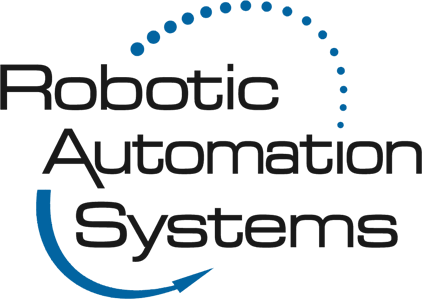What is a Robot Cell?
Are you looking for innovations to improve your industrial facility’s production flow? If so, consider what robot cells have to offer. They might look like simple machines, but robot cells are capable of performing complex tasks in highly advanced technical situations. Learn more about robot cells to determine if they could be the right solution for your plastic injection molding automation needs.
What is a Robot Cell?
A robot cell—also called a robotic cell, robotized cell, or workcell—is a complete system that includes all the components necessary for one or more robots to perform tasks on an assembly line. Rather than spreading out each step across multiple stations, robot cells perform the brunt of the process in one place. The components contained within a robot cell may include:
- Controllers
- Sensors
- End-effectors
- Tooling
- Part feeding mechanisms
- Safeguards
- Other peripherals and tools
Robotized cells come in two primary forms:
- Turnkey automation cells are pre-engineered solutions that fully integrate with the existing production process.
- Custom automation cells are built to your specifications and overcome the limitations and challenges of your particular industrial setting. Custom cells are ideal for tasks that standard robots would not be able to perform.
What Can Robot Cells Do?
Here are some examples of what automated robot cells are capable of:
- Assembly: Automated assembly cells can include upstream pre-staging or parts, on-line or off-line assembly, and downstream assembly operations.
- Complex automated tasks: You can program a workcell to perform leak detection, welding, testing, and other complex tasks that go above and beyond what traditional automated machines can do.
- Finishing processes: Automated painting, sealing, and adhesive application offer more consistent results and keep workers away from potentially hazardous finishing chemicals.
- Transporting items: Robotic cells can include automated equipment that notes when a task is complete and moves it to the next station in the manufacturing process.
Why Use Robot Cells?
All automation equipment—and robotized cells in particular—can prove advantageous to nearly any industrial process. Consider the many benefits of robot cells:
- Efficiency: Automated assembly is almost always faster than performing the process manually. This results in more assembled products in less time.
- Consistency: Workcells follow programmed instructions without fault, ensuring the highest quality and most consistent output.
- Savings: Automated tools work longer and faster, and they don’t require wages, benefits, or paid leave. Plus, maintenance and repair costs are becoming more affordable as technology improves.
- Safety: With robotic cells handling toxic chemicals, sharp tools, and heavy machinery, human operators are spared the hazards typically associated with industrial work settings.
Robotic Automation Systems supplies automated robot cells to plastic injection molding businesses located nationwide. Our services include complete installation, training, and ongoing support. We’ll help you design and interface your workcell with the rest of your operation! To start a conversation about how we might help with your automation equipment needs, please contact us at (608) 849-0880.
